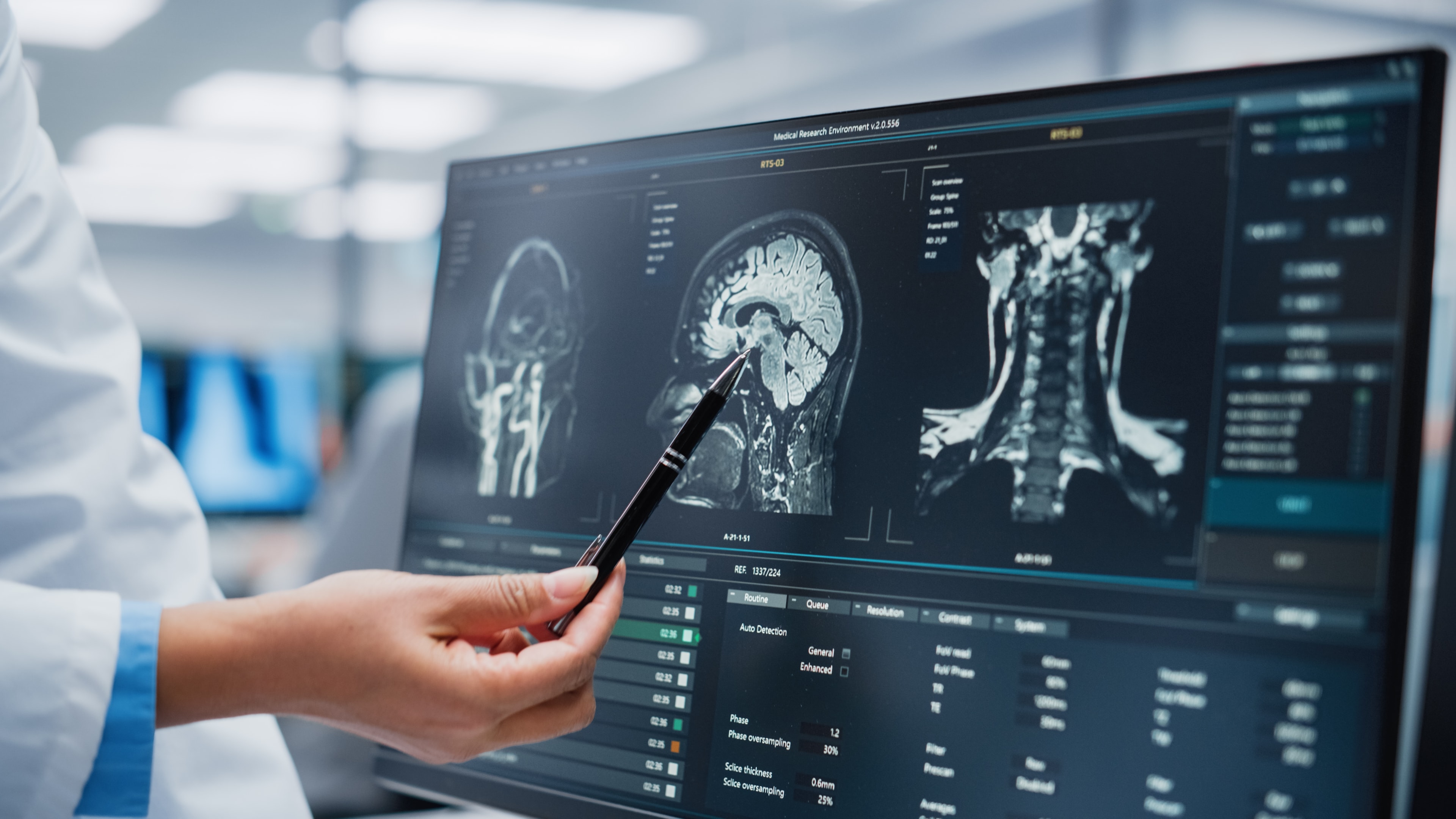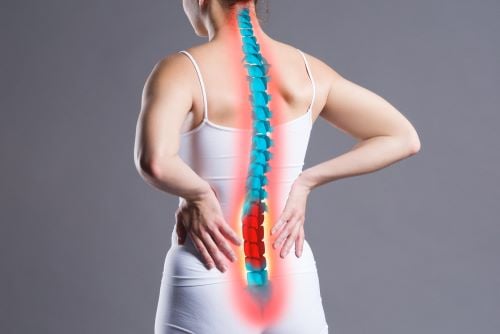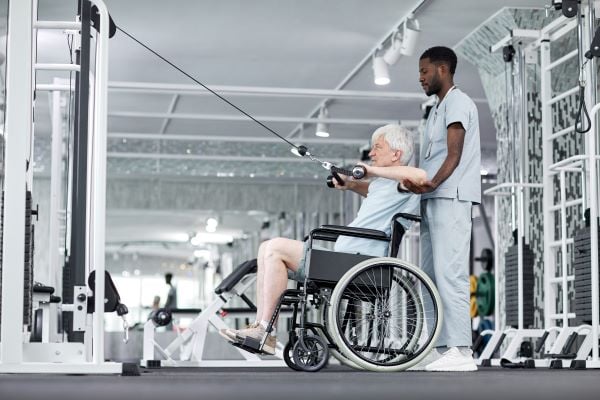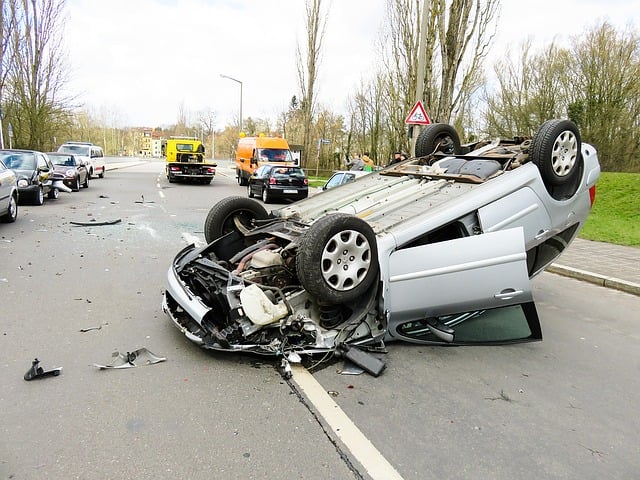Car Accident Head Injury: Do Not Ignore These Symptoms

Introduction
All types of injuries sustained in a traffic collision are serious, but any car accident head injury is particularly dangerous. The doctors at our Atlanta injury center know that these injuries are not always visible. The skull may be intact, but the brain could have suffered physical damage that could put your life in danger.
Importance of Immediate Medical Attention
Ideally, you should seek medical attention immediately after the accident. This is the best course of action both for your well-being and for the success of your legal claim. Whatever may prevent you from doing this, make sure that you come to our center for complete diagnostic tests if you experience any of these head injury symptoms.
Common Head Injury Symptoms
Headaches and Migraines
Some people experience headaches immediately after the car crash, and this is what determines them to go to the hospital. However, this symptom may start several days later. The severity of the headaches and migraines caused by a car accident head injury varies from mild to debilitating, preventing you from performing any daily activity.
The most common causes of these headaches are whiplash, concussion, and neck injuries. All of them need medical attention because you may be left with impairment, such as chronic pain. These types of injuries can sometimes lead to traumatic brain injuries, which require careful monitoring and treatment.
Vertigo and Dizziness
You should not ignore any episode of loss of balance, nausea, or vertigo (the sensation that everything spins fast around you). After a car accident, these are some of the symptoms of traumatic brain injury(TBI), one of the most severe types of car crash injuries. Mild traumatic brain injury can also cause these symptoms, but they might be less intense.
In some cases, you may need surgery to drain excess fluid from your brain or complete bed rest under medical supervision. Traumatic brain injury symptoms can vary greatly, and vertigo and dizziness are common indicators of a significant issue.
Memory Loss and Confusion
Short-term memory loss and brain fog are also symptoms of traumatic brain injury. For most people, the first few days after a traffic accident are blurred due to shock and emotional trauma.
However, if you notice that you still can’t remember anything about the accident or what happened the following day, you should definitely come to our Atlanta injury center. We will perform X-rays, MRI, or CT scans to identify the type of brain injury and determine the correct course of treatment.
The same recommendation is valid if you find yourself unable to focus on tasks that you usually found simple and easy to do. This symptom of car accident head injury is often the result of brain swelling, bleeding inside the brain, or physical damage to the brain tissue.
Psychological and Behavioral Symptoms

Personality Changes
The brain controls everything about us, including our moods and behaviors. If you notice or are told by your loved ones that you’ve become irritable and prone to mood changes after a car crash, you should see a doctor immediately. These changes can indicate a severe traumatic brain injury or other types of brain injuries.
Any significant personality change can be caused by brain injury, specifically to the frontal lobe of the brain. Left untreated, this injury may have a life-long impact on your ability to regulate your moods and emotions, among others. Moderate to severe TBI can lead to such alterations in personality and behavior.
Physical and Neurological Symptoms
Sleep Problems
Head injuries after a car accident may cause various types of sleep issues, such as:
- Insomnia: Difficulty staying asleep and reaching REM sleep.
- Sleep Apnea: A condition in which your breath repeatedly stops and starts during sleep.
All these issues are serious and have a negative impact on your overall health in the long term. However, sleep apnea may even trigger very serious conditions, such as cardiovascular problems, high blood pressure, or type II diabetes.
Severe Headaches and Migraines
Persistent headaches or migraines that worsen over time can indicate a serious brain injury. It is essential to monitor the frequency and intensity of these headaches, as they may signal brain swelling or bleeding inside the brain.
Slurred Speech
If you notice slurred speech after a car accident, it could be a sign of traumatic brain injury. This symptom indicates that the brain’s normal function has been disrupted, possibly due to damage to brain cells or blood vessels. In cases of severe TBI, speech therapy might be necessary to regain normal speech patterns.
Mood Swings and Emotional Symptoms
Mood swings and other emotional symptoms, such as anxiety or depression, can occur after a head injury. These changes can be temporary or persist long-term, affecting your mental health and daily life. Emotional symptoms are often overlooked but can be debilitating and require professional treatment.
Other Serious Symptoms
Skull Fractures and Increased Intracranial Pressure
A skull fracture resulting from a car accident is a serious injury that requires immediate medical attention. Increased intracranial pressure from swelling or bleeding can lead to severe complications, including brain death. Monitoring for these conditions is crucial for preventing long-term damage.
Seizures and Severely Altered Consciousness
Seizures or severely altered consciousness are signs of significant brain injury. These symptoms require emergency medical care to prevent further brain damage. Persistent symptoms of these kinds can indicate ongoing issues that need continuous medical oversight.
Blood Clots and Brain Tissue Damage
Blood clots in the brain can obstruct blood flow, leading to strokes or other severe consequences. Damage to brain tissue can result in permanent impairments and requires immediate intervention to minimize damage.
Immediate Steps to Take

Seeking Immediate Medical Attention
It is crucial to seek immediate medical attention after a car accident, even if you do not have visible injuries. Head injuries, especially traumatic brain injuries, can have delayed symptoms that become life-threatening if not treated promptly.
Diagnostic Tests and Evaluations
At our Atlanta injury center, we conduct comprehensive diagnostic tests to assess the extent of your head injury. These tests may include:
- X-rays
- MRI scans
- CT scans
- Blood tests
These evaluations help us understand the injury’s impact on brain tissue and brain cells, allowing us to provide the most effective treatment.
Treatment and Recovery

Medical Treatments
Treatment for head injuries varies depending on the severity. For mild traumatic brain injuries, rest and over-the-counter pain relief may be sufficient. However, severe traumatic brain injuries may require:
- Surgery: To address brain swelling or remove blood clots.
- Physical Therapy: To help regain normal activities and motor functions.
- Speech Therapy: For those experiencing slurred speech or difficulty communicating.
- Cognitive Therapy: To address memory loss and cognitive difficulties.
Long-term Recovery
Recovery from a head injury can be a long process, requiring continuous medical supervision and therapy. It is important to follow your doctor’s recommendations and attend all scheduled therapy sessions to ensure the best possible outcome.
Preventing Head Injuries
Safety Measures
Preventing head injuries involves taking safety measures in everyday activities:
- Wearing Seatbelts: Always wear a seatbelt when in a motor vehicle.
- Using Helmets: Wear helmets when participating in contact sports or riding bicycles.
- Child Safety: Ensure children are in appropriate car seats and have window guards in place.
Awareness and Education
Educating yourself and others about the dangers of head injuries and the importance of medical attention can help prevent serious complications. Awareness campaigns and safety training can significantly reduce the risk of head injuries in the community.

Do not walk away from a car crash believing that you were lucky to escape without a scratch. Car accident head injuries are not always visible and do not show symptoms immediately, but they are extremely dangerous if left untreated.
Ensure to monitor any changes in your health and seek immediate medical attention if you notice any symptoms of a head injury. Your prompt action can prevent severe complications and promote a full recovery.
Prioritize your health above anything else and call 1-800-HURT911 right after your car accident!








